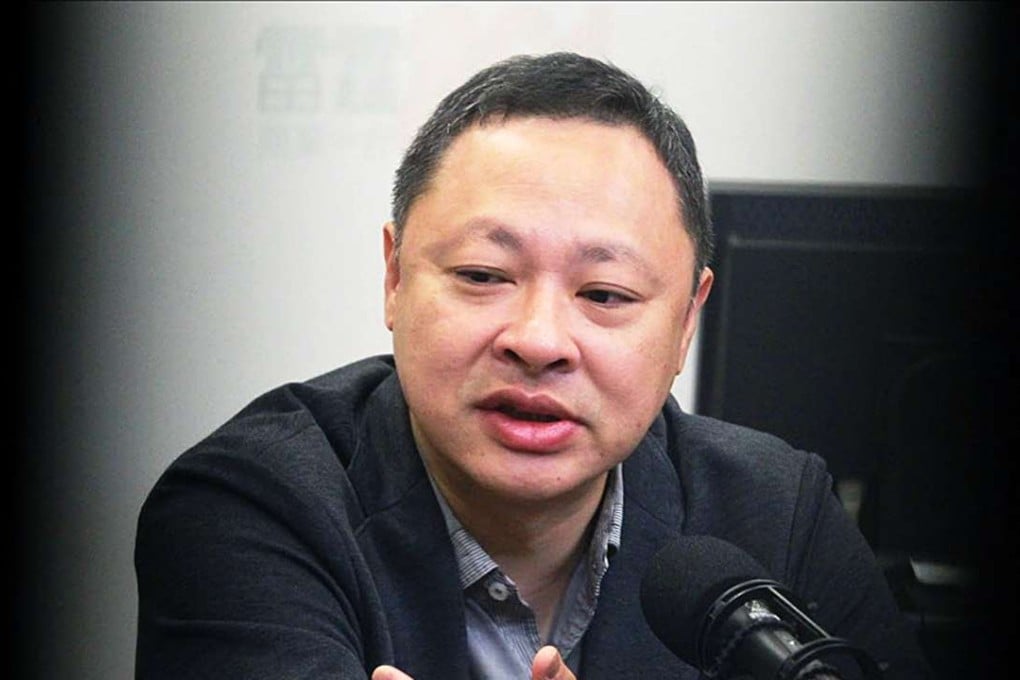Will ‘Thunderbolt Plan’ fizzle? NeoDemocrats won’t join proposed pan-dem primary aimed at securing Legco ‘super seats’
Decision a setback for HKU professor Benny Tai's call for pro-democracy parties to forge united front in coming elections

A plan to maximise the chances of pan-democrats winning several “super seats” in the coming Legislative Council elections hit its first setback after the NeoDemocrats decided not to support the proposed coordinating mechanism.
In a special general meeting on Monday night, the party, which spun off from the Democratic Party in 2010, backed district councillor Kwan Wing-yip contesting a “super seat”.
It also voted against joining a proposed primary for pan-democrat candidates. The race involves some 3.2 million voters throughout the territory who are not eligible to vote in a traditional functional constituency.
The party’s decision places the camp in a difficult situation with at least five pan-democrat aspirants contesting the “super seats”. They currently hold three, while their pro-Beijing counterparts occupy two.
Occupy Central co-founder Benny Tai Yiu-ting had earlier floated the so-called “Thunderbolt Plan” in a bid to minimise direct clashes in the camp so they would not end up handing victory to Beijing loyalists.